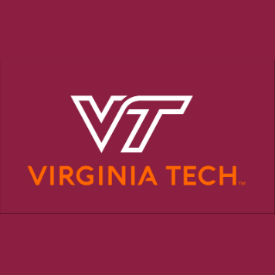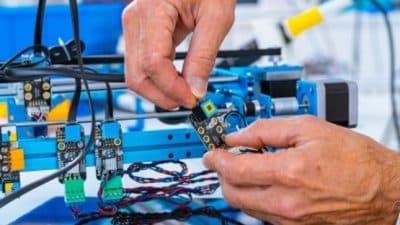
The Dean’s Discovery Fund was established in 2017 by College of Science Dean Sally C. Morton to support innovative ideas and research. To meet that need, Morton gained support from the College of Science Dean’s Roundtable and the College of Science Annual Fund.
The funded projects meet the college’s core research themes of integrated science; data and decision sciences, including the adaptive brain; global change; and materials for health, information, and energy.
“It’s inspiring to look at the impactful, forward-looking research on display among this year’s award recipients,” said Morton, who also holds a professorship in the Department of Statistics. “This year’s awardees offer further evidence that melding knowledge from multiple disciplines is vital to helping solve the world’s most critical issues, including improved energy resources, food safety, and providing clean water.”
This year’s selectees are:
- Pang Du, associate professor in the Department Statistics, with co-investigators, John Roberston, a professor in the Department of Biomedical Engineering and Mechanics, and Ryan Senger, an associate professor in the Department of Biological Systems Engineering, both in the Virginia Tech College of Engineering. Project: Pang and his team will develop a statistical testing method to monitor medical procedures/treatments, such as dialysis and transplant perfusion. In addition to collaborators in the College of Engineering, he will work with physicians from the surrounding area.
- Benjamin Gill, associate professor in the Department of Geosciences. Project: Gill seeks to better understand the Triassic-Jurassic Mass Extinction – one of the largest of its kind in the history of Earth – by examining paleoenvironmental change at understudied sites in Nevada and Alaska. Virginia Tech graduate student Selva Marroquín and undergraduate student Kayla McCabe will participate, with additional collaborators from Western Michigan University, the University of Charleston, Florida State University, and Utrecht University.
- John Matson, an associate professor, and Guoliang “Greg” Liu, an assistant professor, both in the Department of Chemistry. Project: Matson and Liu will explore rare chiral, or asymmetrical, nanoparticles that could have significant future use in such technology as optical sensors, improved electronic devices, and solar energy arrays. The nanoparticles will be templated from a new tetrapeptide – a sequence of four amino acids – discovered in Matson’s lab that self-assembles in water into a left-handed helix.
- F. Marc Michel, assistant professor in the Department of Geosciences and Hamlett Junior Faculty Fellow in the Academy of Integrated Science’s nanoscience program. Project: Michel will build a 3D-printed reactor to investigate the properties and formation of natural and man-made nanoparticles. His goal: to better understand how synthetic nanoparticles are able to effectively treat municipal and industrial wastewater, including the ability to isolate and recover some types of pollutants.
- Ann Stevens, a professor in the Department of Biological Sciences. Project: Stevens’ lab will study Pantoea stewartii subspecies stewartii
(Pnss), the most serious bacterial pathogen of corn in the United States. Investigating how this bacterium survives inside its plant host is vital as corn is an essential agricultural staple for food and biofuel production. The study will support the training of undergraduate and graduate students from underrepresented groups in STEM-H (science, technology, engineering, mathematics, and health) and is matched by financial support from Stevens’ department.
The College of Science Dean’s Roundtable Advisory Board comprises college alumni and supporters who have helped guide the college since its founding in 2003. The group often provides discretionary funds for the dean to enhance existing programs and develop new initiatives within the college. These funds are a tangible example of the roundtable’s leadership in helping promote faculty research and innovation.










